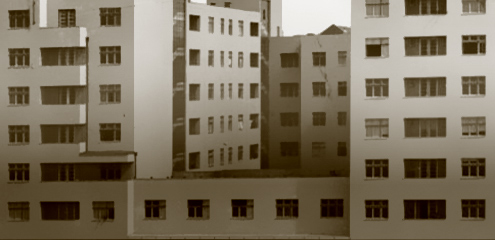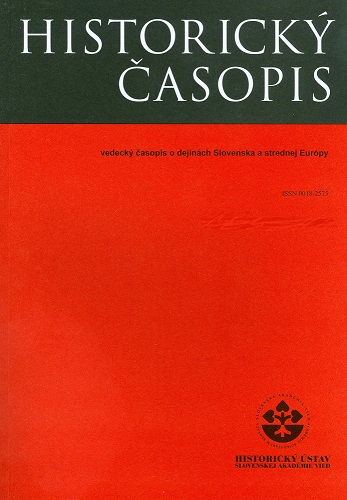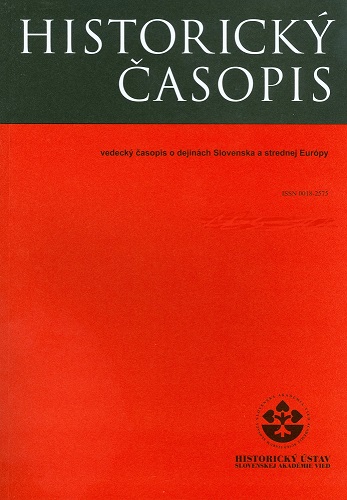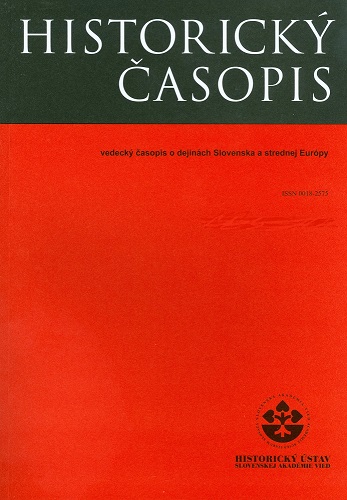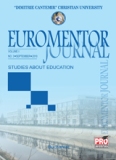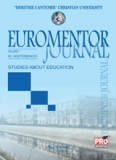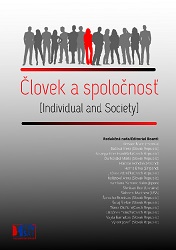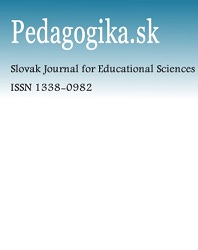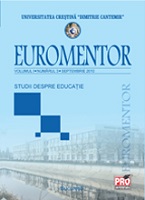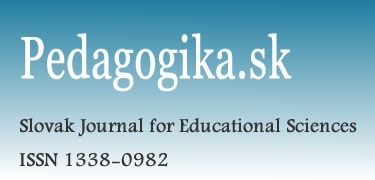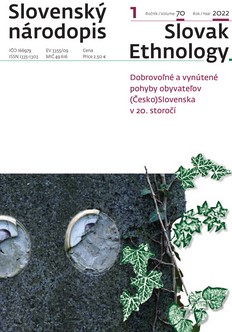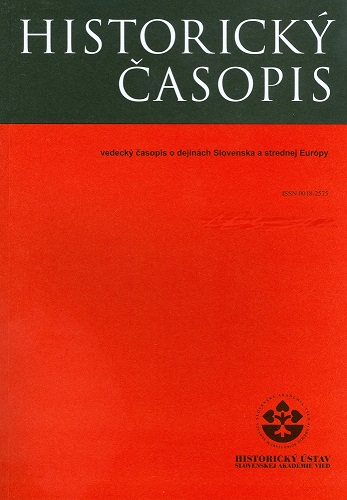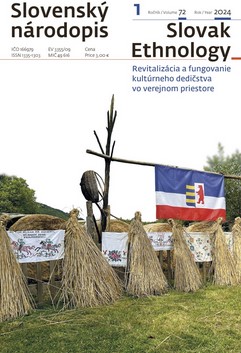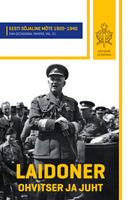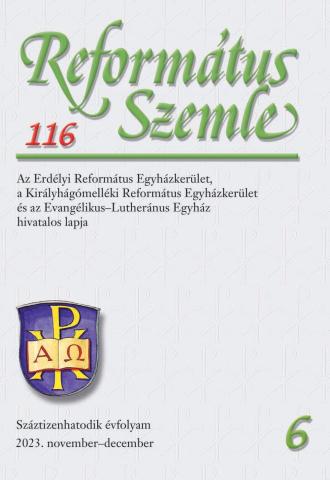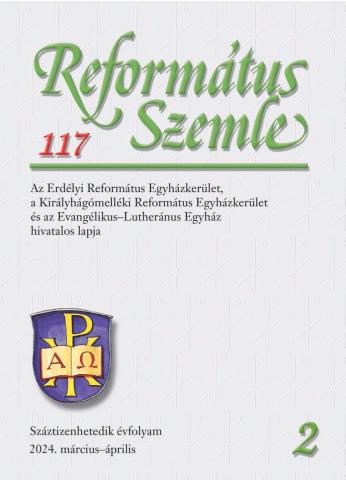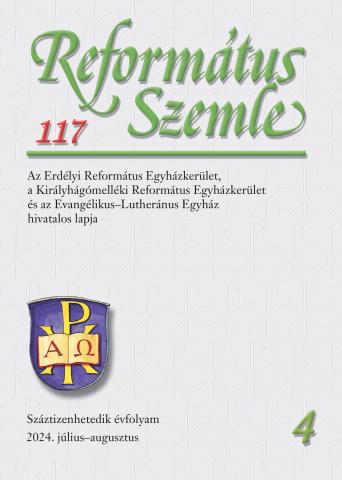Author(s): Árpád Olivér Homicskó / Language(s): English
Issue: 2/2021
The legal academies counted as special institutions of the Hungarian legal education. They were higher study institutions that – similarly to the faculties of law of the science universities – dealt with teaching the science of law and state, but they did not have the right of organizing final, comprehensive “jogtudor” examinations (promotion) and to confer the qualification for private lecturers (habilitation). In the 1870’s, thirteen institutions had legal education within the area of the Hungarian Kingdom. The state-funded universities were the science universities of Budapest and Cluj-Napoca, and the legal academies of Bratislava, Győr, Kosice, Oradea and Sibiu. In Eger and Pécs there were Roman catholic law lyceums amongst the ones funded by the churches. In the districts of the Reformed church there were the legal academies of the towns Pápa, Kecskemét, Debrecen, Sárospatak and Sighetu Marmației. The Lutheran Church of Augsburg maintained one institution in Prešov. In Zagreb, which was the capital city of the Croatia-Slavonia belonging to the crown of St. Stephen, the university founded in 1874 also had a faculty of law, as the official language was Croatian, it did not have a huge significance in the Hungarian education. This contribution presents the organisation and the education system of the Reformed Law Academy of Kecskemét that functioned until 1949. This summary was prepared by using the archive sources unrevealed until now. The organisation, education and supervision system of the Hungarian legal academies in the period of dualism evolved in 1874 via state measures. The provisions establishing the reform of the higher education and the legal education – and in several aspects reminiscent of the Austrian era – remained effective until the termination of the legal academies in 1949. The structure and system of the legal academies funded by the state were also applied to the institutions funded by the church and both funded by church and state, so too the Reformed Law Academy of Kecskemét. This contribution offers an overview of the structural order of the period between 1875 and 1948, the regulation of the institution by church and state, and the norms of financial funds. It will be established that the structural conditions of the legal education by the church were provided for, however, the educational institution was only capable of self-preservation by the serious financial funding of the town and the church. In the period examined, the government insisted on transforming the lyceums with different structures and radically diverging levels into complete faculties of law and political science with four years of study. The reforms transforming the contemporary system of the legal higher education resulted in an immense quality change. As the plan was to make the legal academies similar to the universities, the study years were increased to four and, accordingly, the state exam entitled students to doctoral examination. The subjects were uniformed in the same way, thus, the transfer to university was enabled by passing the aptitude exams. Graduation certificates based on types of school were terminated, there was also a possibility to form open student associations, which was an important change so that the college fee basically equalled the university fee. The salary of the professors of state legal academies were aimed at bringing them to the university level, as well. However, these institutions were not allowed to have comprehensive examinations, could not grant doctoral titles, and did not possess the right tohabilitate private lecturers. The degree of the legal academy did not enable the students to enter into the legal professions, as taking the bar exam was only allowed those possessing the legal doctorate title. Thus, the qualification of the legal profession could only be achieved after the university comprehensive examinations. The contribution also examines the study system of the Reformed Law Academy of Kecskemét. The state strived to transfer the legal professional education to the universities, thus, to locate the cultivation and transmission of the science to educational centres at a higher level. The contemporary Hungarian legal colleges were hard to fit into this concept as they were fundamentally specialized on teaching Hungarian law and transmitting practical knowledge. One of the important higher educational reforms after the Reconciliation was, however, the centralization of the legal education, the development of the general study order, and the unified enforcement of the scientific aspects in the study plan. The situation of the Reformed Law Academy of Kecskemét was also special from this point of view. In its maintenance, a significant role was played by the Reformed Church that – referring to the right of protestant churches to maintain schools historically developed and protected by the Constitution – protected its educational traditions developed during the centuries and the institutional autonomy of its study institutions, even against the state. The Reformed church as funder and operator rightfully vindicated the right to display the protestant values within the framework of the secular legal education qualifying to the state service – within the possibilities of the academic freedom. Kecskemét, however, needed the financial support of the city council with a Catholic majority, in order to be able to maintain the legal academy. While in the departments funded by the Reformed church only Reformed lecturers could be chosen, the leaders of the study units operated by the town were nominated regardless of their religion. One of the conclusions of this contribution is the following: when one examines the protestant, or straight Reformed elements of the study plans and educational activity of the legal education in Kecskemét, the uniformizing aspirations of the state and the necessary compromises of the population of the town – because of its religious composition – need to be considered. Act XXXIII of 1948 brought about the secularization of the non-secular schools, which principally closed the history of the Hungarian legal academies. Their assets were secularized, and their personnel became state servants. This contribution wishes to commemorate the contemporary professors of the legal academies, and also strives to prove that the history of the legal academy in Kecskemét is a part of the Central-European legal culture in a broader sense.
More...

